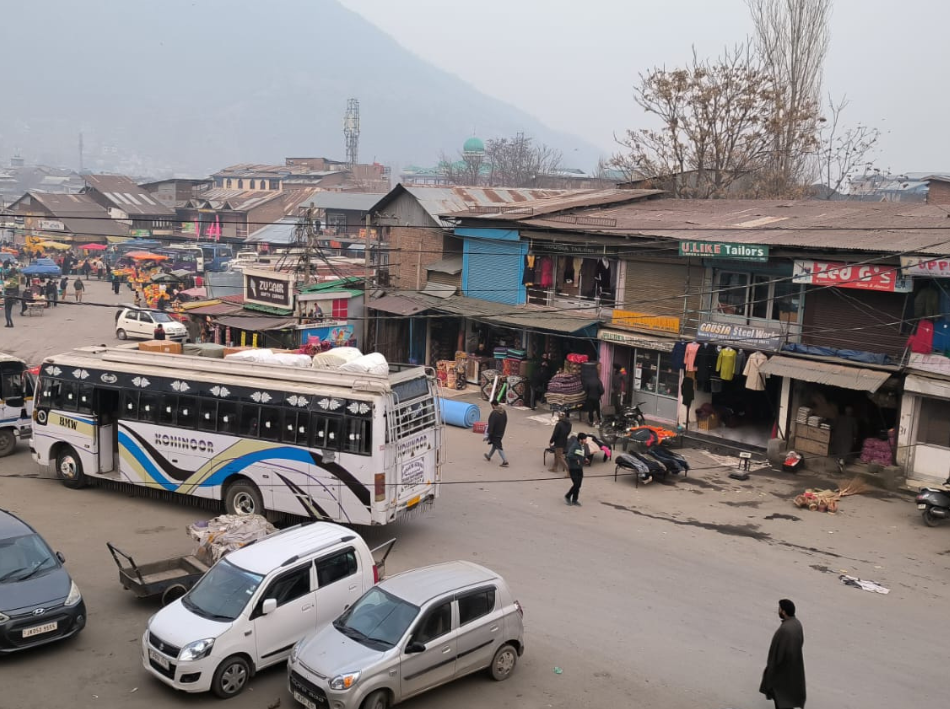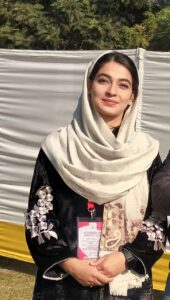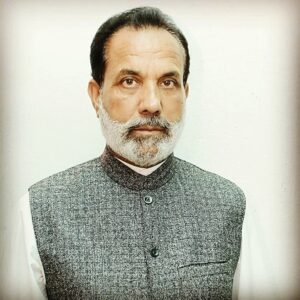Disappointed by SC ruling on Article 370, Kashmiris remain sceptical of Delhi’s motives
People in the truncated union territory of Jammu and Kashmir feel they have been let down by the Supreme Court, which delivered its verdict on the critical issue of abrogation of the Article 370 of the Indian Constitution after a delay of almost five years.
In a ruling last fortnight, the top court upheld the controversial decision of the Union government to scrap the Article that guaranteed certain special status to the state of Jammu and Kashmir. The five-judge bench unanimously held that Article 370 was a temporary arrangement and that the State of Jammu and Kashmir had no independent power.
However, on the ground, the people of Jammu and Kashmir continue to harbour a yearning for the reinstatement of Article 370.
Javed Hussain, a 25-year-old student from Baramulla in North Kashmir says the revocation of the Article 370 had left him miserable. “I felt as if my personality had been stripped away. The decision was in violation of the democratic process and it appeared to be a unilateral act of power. Even Himachal Pradesh enjoys a special status under Article 188 of the Constitution, yet no one raises this issue,’’ Hussain tells Media India Group.
It is not just the revocation of Article 370 that is bothering people of the region as Hussain lists numerous problems that the youth in Kashmir Valley have to deal with, such as high unemployment rates that have led to an increase in drug use and alarming suicide rates.
“The Union government continues to claim that the situation in Kashmir is stable but nobody knows the reality. Kashmir’s economic resilience has weakened significantly, and the abrogation of Article 370 is taking a toll on the mental health of the majority. We are determined and we will continue our fight for Article 370 till our last breath. The claim that development is happening seems false as just constructing roads in Srinagar cannot be called development,” says Hussain.
Rukiya Beigh, a researcher representing the youth wing of Jammu University, is also dispappointed by the SC judgment on Article 370 and the current situation on the ground. “Competition with rest of the country has increased for potential opportunities. underscoring the perceived injustice of the central government stripping away the rights of the people. Terrible laws have increased the suffering of the common citizens and absence of a responsive government to address their complaints has left the people without a platform for grievance resolution,’’ Beigh tells Media India Group.
She also highlights the poor state of infrastructure in the region, countering the government’s claims of developed roads. “It is due to the poor state of roads that we have numerous accidents in Kashmir Valley, like the one in Kishtwar recently which led to deaths of over 40 persons,’’ she adds.
The revocation of Article 370 has also left the locals divided across religious lines. While some non-Muslims believe it was a necessary step for completing the integration of Jammu and Kashmir into the Indian Union, others claim that it was a one-sided decision that ignored the sentiments of the people. The division echoes the broader polarisation within the nation on the matter.
Mohit Bhan, Spokesperson of the People’s Democratic Party, one of the leading local parties in Jammu & Kashmir, condemns the abrogation of Article 370, contending that it was not executed legally. Despite its formal revocation, Bhan says that Article 370 continues to hold importance for his party, emphasising a firm commitment to advocating for its restoration through democratic means.
On the issue of elections, Bhan says that the Centre is delaying the holding of elections as it is afraid of losing elections. “The Centre’s reluctance in conducting elections stems from a fear of electoral defeat in Kashmir. The government’s decision to halt local elections like corporation and sarpanch elections is a strategic plan to avoid potential losses,’’ Bhan tells Media India Group.
Bhan is also highly critical of the Union government for claiming that Jammu & Kashmir was being developed like never before. “The much hyped-up smart city projects were originally proposed by the previous local government, and the current administration merely follows through. Development comes with the government but here things are different, nothing is happening on the ground level,” says Bhan.
Bhan is not alone in being critical of the Union government. Leaders of other political parties, also share the same opinion.
“There has been a profound impact of the revocation of Article 370 on Kashmir and the losses suffered are irreplaceable. There is a deteriorating atmosphere here post-abrogation and unemployment has reached exceptional heights,’’ Abdul Ganie, OBC Chairman of the National Conference, tells Media India Group.
On the issue of absence of elections Ganie says that even though five years have passed since the abrogation, there has been a complete absence of electoral process. “This prolonged delay in elections exacerbates the governance vacuum, leaving the valley without a government. Normally, when a State Assembly is dissolved, elections must be held within six months. However, several years have passed without a democratically elected government in the valley. This is a strategic move by the BJP as they know they won’t win in Kashmir because they are aware they haven’t acted well with the Kashmiri people,’’ says Ganie.













